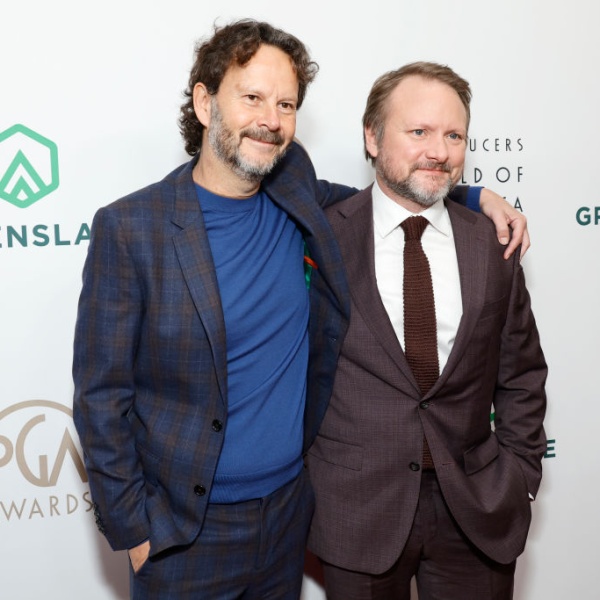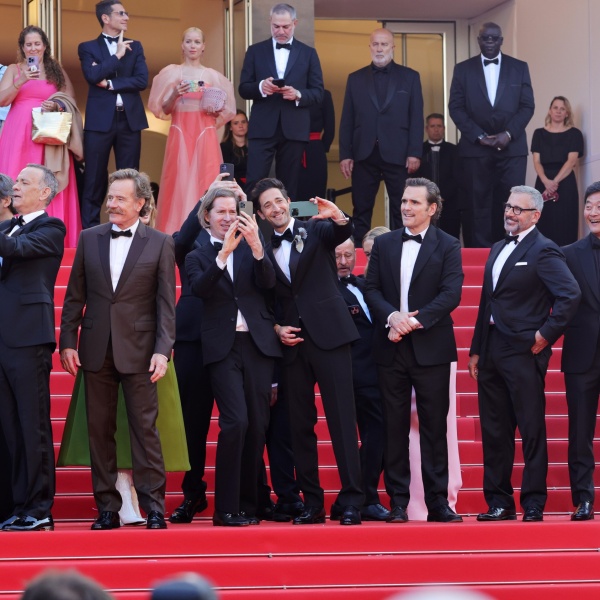Mohammad Rasoulof will officially be attending the Cannes premiere of his latest film “The Seed of the Sacred Fig” after fleeing Iran, IndieWire can confirm.
The filmmaker has not been to Cannes in years despite several of his features debuting at the festival and even winning top awards there. None of Rasoulof’s work has ever been screened in his home country of Iran due to government bans — including since his Cannes award-winning film “Goodbye” screened in 2011. Rasoulof was later sentenced to six years in prison and a 20-year ban on filmmaking for alleged anti-government propaganda.
Rasoulof was invited to serve on the 2023 Cannes jury but was unable to attend due to an Iran travel embargo on him. The “There Is No Evil” filmmaker was banned from leaving Iran after being arrested in July 2022 for posting social media statements criticizing government-sanctioned violence against protesters. Rasoulof was temporarily released amid serving his six year sentence in February 2023 due to ongoing health concerns. That sentence was later pardoned and replaced with penal servitude and a two-year ban from leaving Iran on the charge of “propaganda against the regime.”
His latest film “The Seed of the Sacred Fig” was filmed in secret and was announced as a later addition to the Cannes lineup. “The Seed of the Sacred Fig” is screening at Cannes in competition on May 24.
Rasoulof recently received an eight-year prison sentence, supposedly for subversive activity against the government, but believed to be largely as a form of pressure to get the director to withdraw “The Seed of the Sacred Fig” from Cannes. The film centers on a paranoid judge in the Revolutionary Court in Tehran dealing with the fallout from the recent nationwide protests.
Rasoulof’s lawyer Babak Paknia tweeted at the time of his sentencing in May 2024, “The main reason for issuing this sentence is signing statements and making films and documentaries, which in the court’s opinion, these actions are examples of collusion with the intention of committing a crime against the country’s security.”
Rasoulof left Iran less than a week later to evade the sentence.
“Knowing that the news of my new film would be revealed very soon, I knew that without a doubt, a new sentence would be added to these eight years,” Rasoulof shared. “I didn’t have much time to make a decision. I had to choose between prison and leaving Iran. With a heavy heart, I chose exile. The Islamic Republic confiscated my passport in September 2017. Therefore, I had to leave Iran secretly.”
He added of the upcoming Cannes release, “Despite the vast limitations I and my colleagues and friends faced while making the film, I tried to achieve a cinematic narrative that is far from the narrative dominated by the censorship in the Islamic Republic, and closer to its reality. I have no doubt that restricting and suppressing freedom of expression cannot be justified even if it becomes a spur for creativity, but when there is no way, a way must be made. The world’s cinema community must ensure effective support for the makers of such films. Freedom of speech should be defended, loudly and clearly. People who courageously and selflessly confront censorship instead of supporting it are reassured of the importance of their actions by the support of international film organizations. As I know from personal experience, it can be an invaluable help for them to continue their vital work.”
Reporting by Ryan Lattanzio.





